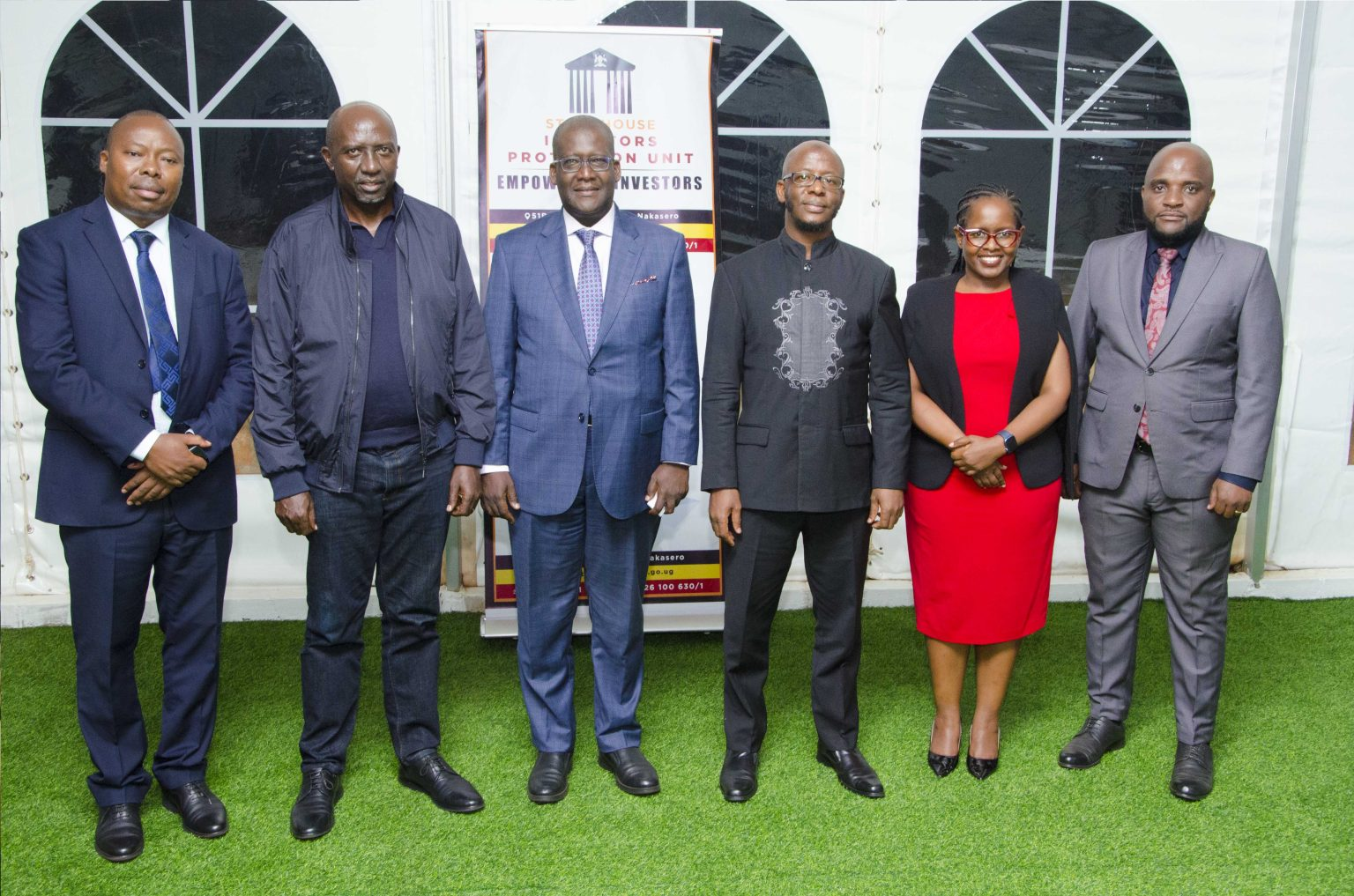By Fidel Boy Leon
The Uganda’s government has done so much, built stadiums, dams, industrial parks, and even a second international airport. Yet, many Ugandans remain unaware of these achievements.
At State House Investors’ Protection Unit (SHIPU) in Kampala this week, agency heads admitted a truth long whispered in civil society circles. Government projects are happening, but the stories behind them are not reaching the people they are meant to serve.
Dr. Barirega Akankwasah, Executive Director of the National Environment Management Authority (NEMA), chaired the fourth meeting of agency leaders.
He and over a dozen agency heads agreed to a new commitment. They will increase publicity about government achievements. Their communication will be tailored to Uganda’s diverse communities.
“Some Ugandans are not even aware that Uganda has a second international airport (Kabaale),” observed Mr. Willis Bashaasha, Director of the Manifesto Implementation Unit. “Government agencies should commit more of their budgets towards communication, in all the local languages spoken in places like West Nile and the Rwenzori sub-region.”
The leaders nodded in agreement. The consensus was clear. Infrastructure and policy gains risk fading into obscurity if not translated into the dialects, platforms, and contexts that ordinary citizens trust.
Dr. Barirega proposed a change in how government achievements are shared. He suggested moving away from dry reports. Using personal stories and testimonials from people who have benefited.
He also argued that using digital platforms and social media influencers would help carry government messages to even the most remote parts of Uganda and to audiences beyond its borders.
“These content creators have loyal audiences,” he noted. “We must embrace them.”
But it wasn’t just about influencers. He stressed the need for customised communication. One tailored for elites, youths, women, farmers, and children, through traditional and social media platforms.
“You are advised to use your PR officers to publicise what you are doing,” he told his colleagues.
The pledge to continue came with a recognition that Uganda’s communication challenge is not plainly about reach. It is also about trust.
If one sector embodies both Uganda’s progress and its communication gap, it is petroleum. Gloria Sebikari, Corporate Affairs Manager of the Petroleum Authority of Uganda (PAU), laid out figures that many outside oil circles rarely hear.
Kingfisher, Uganda’s first production project, involves four oil fields and an estimated $3 billion investment. Land has been secured. The project-affected persons are compensated or relocated, and livelihood restoration is underway. Overall progress is over 80 per cent.
Tilenga, a larger project with six oil fields, is 57 per cent complete. Together, the projects have created more than 17,000 direct jobs. Ugandans occupy 63 per cent of management roles, 93 per cent of technical positions, and 98 per cent of support jobs. Another 35,000 are indirectly employed, with 100,000 induced jobs linked to oil activity.
These numbers, Sebikari argued, tell a story of opportunity. Yet, for many Ugandans, oil remains a distant and opaque project.
Osborn Turyasingura, secretary at the National Secretariat for Special Interest Groups and a KCCA councillor, stressed the urgency of youth engagement.
“How do we engage all these universities, women, and young people who have structures from the village up to the national level?” he asked, recalling a meeting in Lira where over 1,000 attendees pressed for answers about government programs.
Mercy Kainobwisho, Registrar General of the Uganda Registration Services Bureau (URSB), echoed this, citing the growing demand for government presence in resource regions. URSB’s new Hoima office, she said, was already thriving.
The agency heads’ deliberations signal a shift in mindset. From seeing communication as an afterthought to recognising it as central to governance. Uganda has invested billions in infrastructure, energy, and social services. But unless citizens see, feel, and believe in those gains, the administration risks being judged not by what it built but by what it failed to communicate.


